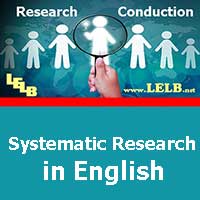Results Section | Research Conduction
Results Results Section Start chapter 4 with restatement of the problem Use past tense to record what you found. The results are a straightforward description of your statistical or qualitative analyses and findings. In this stage, you should not elaborate on findings. Later on, (in Discussion section), you can go into the details. In Results …






